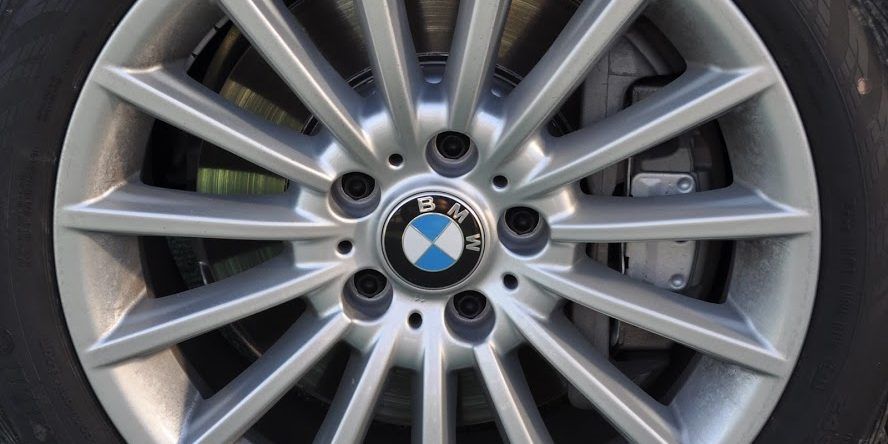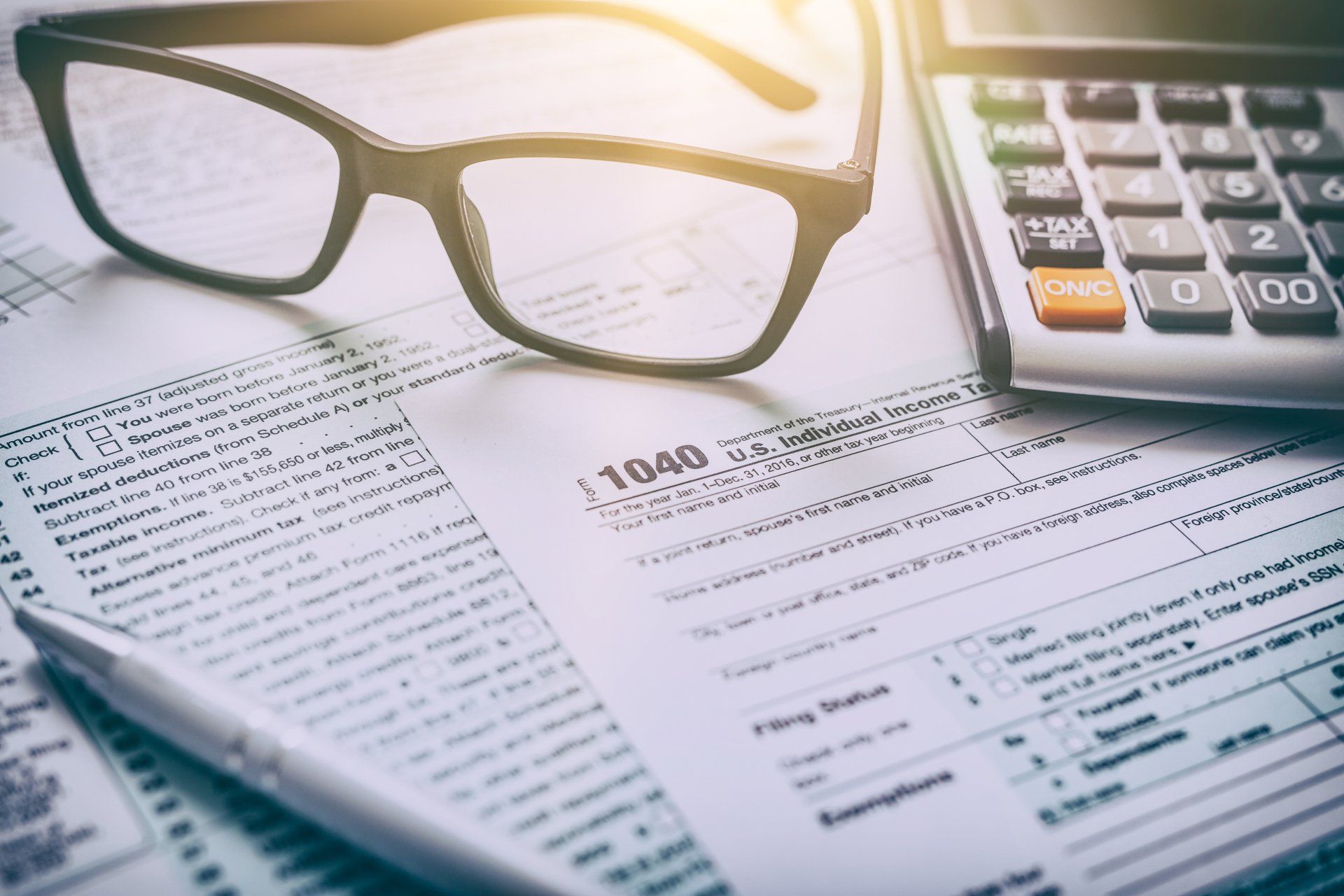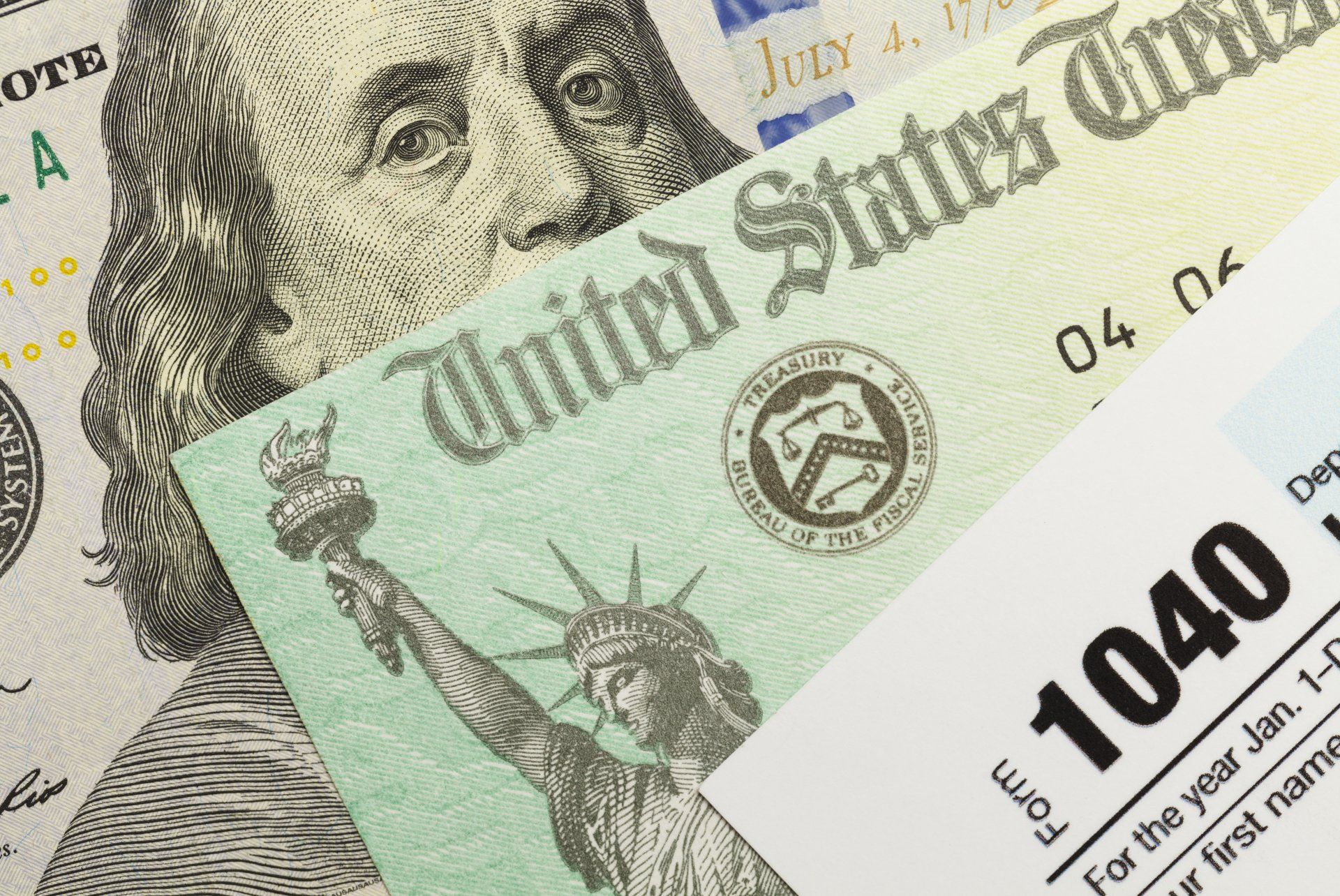Business Year End Tax Planning
With year-end approaching, it is time to start thinking about moves that may help lower your business's taxes for this year and next.

C corporations should take into account the 15% corporate minimum tax.
We have compiled a list of actions based on current tax rules that may help you save tax dollars if you act before year-end. Not all of them will apply to you or your business, but you may benefit from many of them. We can narrow down specific actions when we meet to tailor a particular plan for your business, In the meantime, please review the following list and contact us at your earliest convenience so that we can advise you on which tax-saving moves might be beneficial:
• Taxpayers other than corporations may be entitled to a deduction of up to 20% of their qualified business income. For 2023, if taxable income exceeds $364,200 for a married couple filing jointly, (about half that for others), the deduction may be limited based on whether the taxpayer is engaged in a service-type trade or business (such as law, accounting, health, or consulting), the amount of W-2 wages paid by the business, and/or the unadjusted basis of qualified property (such as machinery and equipment) held by the business. The limitations are phased in; for example, the phase-in applies to joint filers with taxable income up to $100,000 above the threshold, and to other filers with taxable income up to $50,000 above their threshold. For 2024, the amount rises to $383,900
• Taxpayers may be able to salvage some or all of this deduction, by deferring income or accelerating deductions to keep income under the dollar thresholds (or be subject to a smaller deduction phaseout) for the current year. Depending on their business model, taxpayers also may be able increase the deduction by increasing W-2 wages before year-end. The rules are quite complex, so don't make a move in this area without consulting us.
• More small businesses are able to use the cash (as opposed to accrual) method of accounting than were allowed to do so in earlier years. To qualify as a small business a taxpayer must, among other things, satisfy a gross receipts test, which is satisfied for 2023 if, during a three-year testing period, average annual gross receipts don't exceed $29 million. Cash method taxpayers may find it a lot easier to shift income, for example by holding off billings till next year or by accelerating expenses, for example, paying bills early or by making certain prepayments. For 2024, the amount rises to $30 million.
• Businesses should consider making expenditures that qualify for the liberalized business property expensing option. For tax years beginning in 2023, the expensing limit is $1,160,000, and the investment ceiling limit is $2,890,000. For 2024, the amounts rise to $1,220,000 and $3,050,000, respectively. Expensing is generally available for most depreciable property (other than buildings) and off-the-shelf computer software. It is also available for interior improvements to a building (but not for its enlargement), elevators or escalators, or the internal structural framework), for roofs, and for HVAC, fire protection, alarm, and security systems.
• The generous dollar ceilings mean that many small and medium sized businesses that make timely purchases will be able to currently deduct most if not all their outlays for machinery and equipment. What's more, the expensing deduction is not prorated for the time that the asset is in service during the year. So expensing eligible items acquired and placed in service in the last days of the current year, rather than at the beginning of next year, can result in a full expensing deduction on this year's return.
• Businesses also can claim a 80% bonus first year depreciation deduction for machinery and equipment bought used (with some exceptions) or new if purchased and placed in service in 2023, and for qualified improvement property, described above as related to the expensing deduction. The 80% write-off is permitted without any proration based on the length of time that an asset is in service during the tax year. Now is the time to take advantage of bonus depreciation as it is being phased out. It will be 60% in 2024, 40% in 2025, and 20% in 2026. Bonus depreciation will not be available after 2026.
• Businesses may be able to take advantage of the de minimis safe harbor election (also known as the book tax conformity election) to expense the costs of lower-cost assets and materials and supplies, assuming the costs aren't required to be capitalized under the UNICAP rules. To qualify for the election, the cost of a unit of property can't exceed $5,000 if the taxpayer has an applicable financial statement (AFS, e.g., a certified audited financial statement along with an independent CPA's report). If there's no AFS, the cost of a unit of property can't exceed $2,500. Where the UNICAP rules aren't an issue, consider purchasing qualifying items before the end of the year.
• A corporation (other than a large corporation) that anticipates a small net operating loss (NOL) for the current year (and substantial net income next year) may find it worthwhile to accelerate just enough of next year's income (or to defer just enough of its current-year deductions) to create a small amount of net income in the current year. This allows the corporation to base next year's estimated tax installments on the relatively small amount of income shown on its current-year return, rather than having to pay estimated taxes based on 100% of its much larger taxable income for next year.
• Year-end bonuses can be timed for maximum tax effect by both cash and accrual-basis employers. Cash basis employers deduct bonuses in the year paid, so they can time the payment for maximum tax effect. Accrual-basis employers deduct bonuses in the accrual year, when all events related to them are established with reasonable certainty. However, the bonus must be paid within two months after the end of the employer's tax year for the deduction to be allowed in the earlier accrual year. Accrual employers looking to defer deductions to a higher-taxed future year should consider changing their bonus plans before year end to set the payment date later than the 2.5-month window or change the bonus plans terms to make the bonus amount not determinable at year end.
• Sometimes the disposition of a passive activity can be timed to make best use of its freed-up suspended losses. Where reduction of current-year income is desired, consider disposing of a passive activity before year-end to take the suspended losses against current income.
These are just some of the year-end steps that can be taken to save taxes. Every business is different, however, and planning more specifically for the year-end is almost always worth the financial cost of doing so. Again, by contacting us, we can tailor a particular plan that will work best for you.










